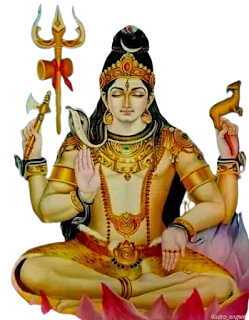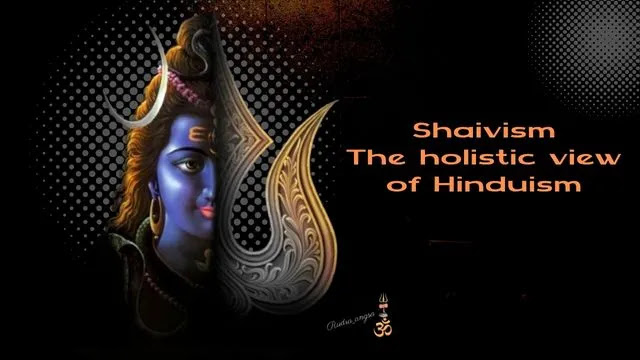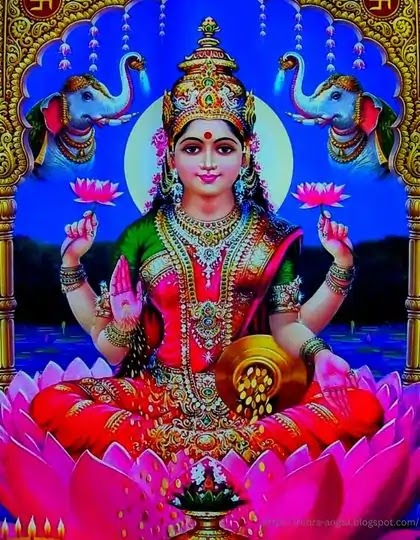Shaivism: The Holistic View of Hinduism
Definition of Shivaism
Shaivism, also known as Shaivism, is a branch of Hinduism that places the god Shiva at the center of its spiritual and philosophical teachings. Lord Shiva is considered one of the three primary deities in Hinduism, along with Brahma and Vishnu. Shaivism is a holistic view of Hinduism that emphasizes the interconnectedness of all things, the unity of the universe, and the power of self-realization.
The philosophy of Shaivism
The philosophy of Shaivism is based on the concept of Shiva, who is not only a deity but represents the ultimate reality, the source of all creation and destruction. Shaivism views the universe as a dynamic, ever-changing system of energy, and Lord Shiva is believed to be the force that creates and destroys it. In this view, Shiva represents both the formless and formless aspects of the universe and the ultimate reality that underlies all existence. Worship and Practice in Shaivism One of the key beliefs in Shaivism is the concept of the self, which is seen as the divine spark within each individual that is identical to the energy of Shiva. This is the core of Hinduism's holistic approach, as it holds that everything in the universe is interconnected and that all beings are ultimately one. From this point of view, the ultimate goal of life is to realize one's true nature and connect with the divine. Shaivism also places great emphasis on the practice of yoga and meditation as a means of achieving self-realization and connecting with the divine. Through these practices, it is believed that one can transcend the limitations of the physical body and mind and connect with the ultimate reality. Yoga and meditation are seen as powerful tools for cultivating inner peace, reducing stress and anxiety, and developing a deeper understanding of the interconnectedness of all things.Shivaism: The way of life
Another central concept in Shaivism is the idea of dharma or righteous living. Dharma is seen as the natural order of the universe and is believed to be supported by the actions in the daily lives of individuals. In this way, Shaivism emphasizes the importance of living a life of honesty, compassion, and service to others. By being in harmony with the natural order of the universe, one can create a sense of peace and fulfillment in life. In Shaivism, there are many different forms of worship and practices including the use of mantras, chanting, and the performance of pujas, or ritual offerings. These practices are seen as ways to connect with the divine energy of Shiva and develop a deeper understanding of the interconnectedness of all things. The use of sound, especially the repetition of mantras, is seen as a powerful tool to reach the divine and connect with the universal energy that underlies all of creation. |
| Lord Shiva ''The Auspicious One'' |
Overall, Shaivism represents a holistic view of Hinduism that emphasizes the interconnectedness of all things and the power of self-realization. Recognizing the divinity within each individual and the oneness of the universe, Shaivism teaches that all beings are ultimately one and that we can all attain a higher state of consciousness through spiritual practice and righteous living. Shaivism offers a path toward inner peace, fulfillment, and connection with the divine that can benefit individuals and communities alike.
Why do most Shaivites follow the Vedic-Puranic tradition? Shaivism is one of the major branches of Hinduism and is characterized by devotion to Shiva as the supreme deity. Shaivism has a rich history that spans thousands of years and has been shaped by a variety of religious and cultural influences. One of the main reasons for the spread of Shaivism is that most of its followers follow both Vedic and Puranic traditions.
The Vedic tradition is the oldest sacred text of Hinduism and is considered the foundation of Hindu philosophy. It includes the hymns, prayers, and rituals that ancient Hindus used to worship their various gods and goddesses. The Vedic tradition is also seen as the source of Hinduism's cosmology, ethics, and epistemology. On the other hand, the Puranic tradition is a later development and consists of a collection of myths, legends, and stories centered on various Hindu gods and goddesses. The Puranas contain important teachings and insights about the nature of the universe and the human experience. For followers of Shaivism, the combination of the Vedic and Puranic traditions provides a comprehensive and holistic view of Hinduism. By following both traditions, Shaivites are able to connect to the rich spiritual and philosophical traditions of Hinduism, as well as the devotional and mythological aspects of their faith. A major advantage of following both the Vedic and Puranic traditions is that it allows for a deeper understanding of Lord Shiva and his divine nature. Vedic texts provide a philosophical basis for the worship of Lord Shiva, while mythology and legends help bring the deity to life and make him more relatable to his followers. Another important reason why most Shaivites follow Vedic-Puranic traditions is that it provides a sense of continuity and connection with the past. By following the same traditions that have been followed for thousands of years, Shaivites are able to connect with their spiritual ancestors and maintain continuity with the rich spiritual heritage of Hinduism. Shaivites follow the Vedic-Puranic tradition as it provides a comprehensive and holistic view of Hinduism. By following both the philosophical and devotional aspects of their faith, Shaivites are able to deepen their understanding of the god Shiva and connect with the rich spiritual traditions of Hinduism. Whether you are a devotee of Lord Shiva or simply interested in the history and philosophy of Hinduism, the fusion of Vedic and Puranic traditions is a fascinating subject.







.webp)
